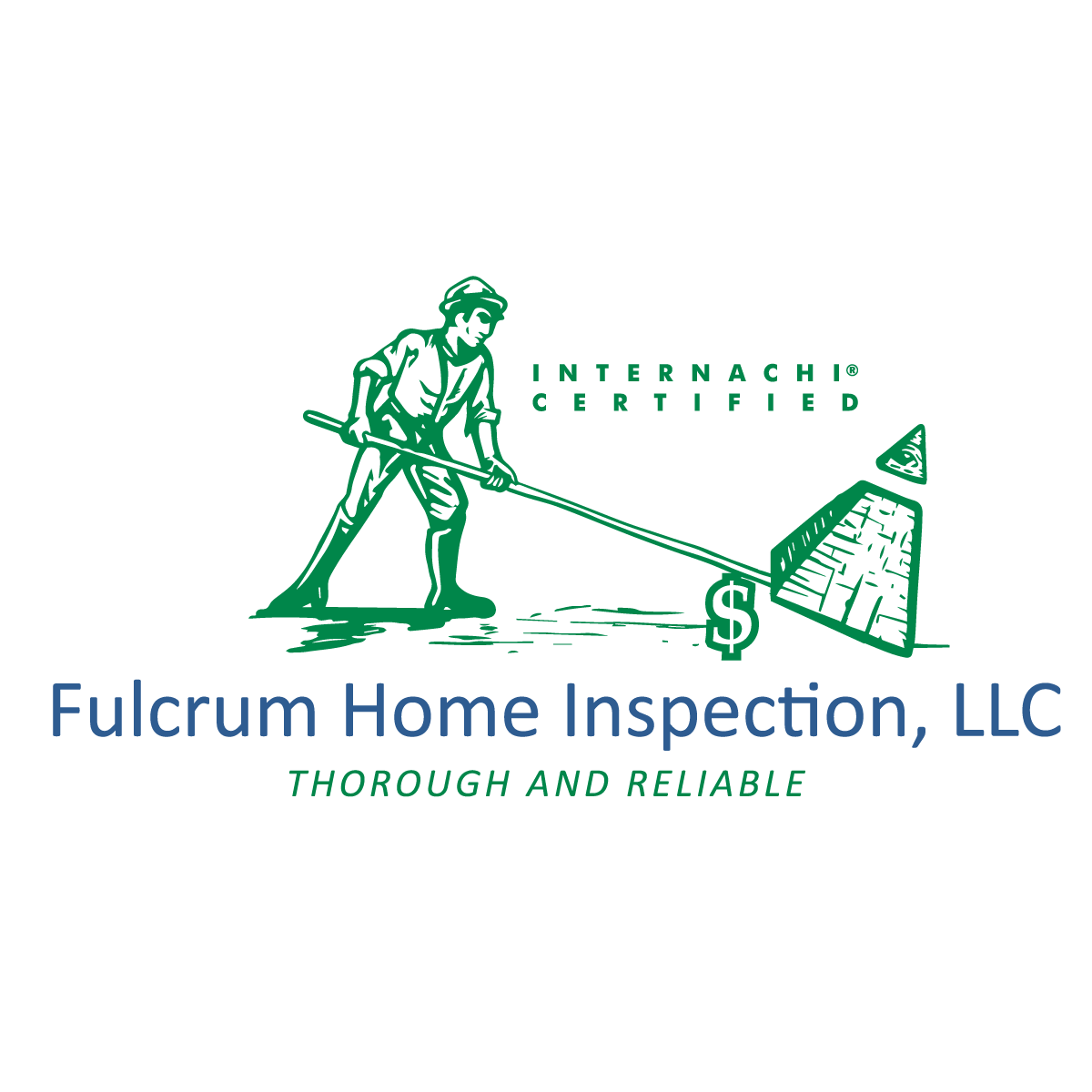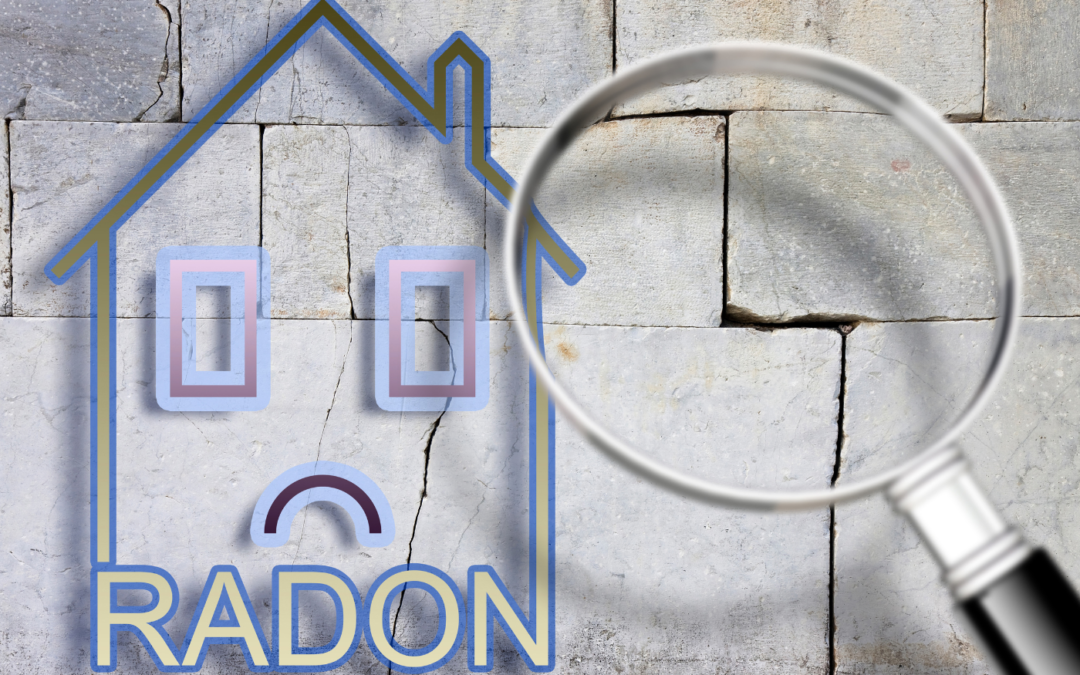Radon is a colorless, odorless, and tasteless gas that is naturally released from rocks and soil. It can enter homes through cracks in the foundation and basement, and through sump pumps and drains. Radon is the second leading cause of lung cancer in the United States, after smoking.
How does radon cause lung cancer?
Radon gas decays into radioactive particles. When these particles are inhaled, they can damage the DNA in lung cells, leading to cancer. The risk of lung cancer from radon exposure increases with the amount of radon in the air and the length of time a person is exposed to it.
Who is at risk of radon exposure?
Anyone can be exposed to radon, but people who live in homes with high levels of radon are at the greatest risk. Radon levels can vary from home to home, and even from room to room within the same home. The only way to know if your home has high levels of radon is to test it.
How to test for radon
Radon testing is simple and inexpensive. There are two types of radon tests: short-term tests and long-term tests. Short-term tests last for two to seven days, while long-term tests last for three to 12 months. Long-term tests are more accurate, but they take longer to complete.
Radon test kits can be purchased at most hardware stores and online retailers. You can also test your home for radon by hiring a qualified radon tester.
How to reduce radon exposure
If your home has high levels of radon, there are steps you can take to reduce your exposure. The most effective way to reduce radon exposure is to install a radon reduction system. Radon reduction systems work by venting the radon gas out of your home.
Other ways to reduce radon exposure include:
- Sealing cracks and gaps in the foundation and basement
- Improving ventilation in the basement
- Using a fan to vent radon gas from the sump pump
- Maintaining the radon reduction system
Radon is a serious health hazard, but it is preventable. If you live in the United States, it is important to test your home for radon. If your home has high levels of radon, there are steps you can take to reduce your exposure and protect your health.
Here are some additional tips for reducing radon exposure:
- Quit smoking. Smoking increases the risk of lung cancer from radon exposure.
- Keep your home clean and well-maintained. Dust and dirt can trap radon gas.
- Ventilate your home regularly. Open windows and doors to let fresh air in.
- Have your radon reduction system inspected and serviced regularly.
By following these tips, you can reduce your exposure to radon and protect your health.
Fulcrum Home Inspection Services is a full-service Home Inspection company in Louisville. Call them at (502) 298-4758


Recent Comments